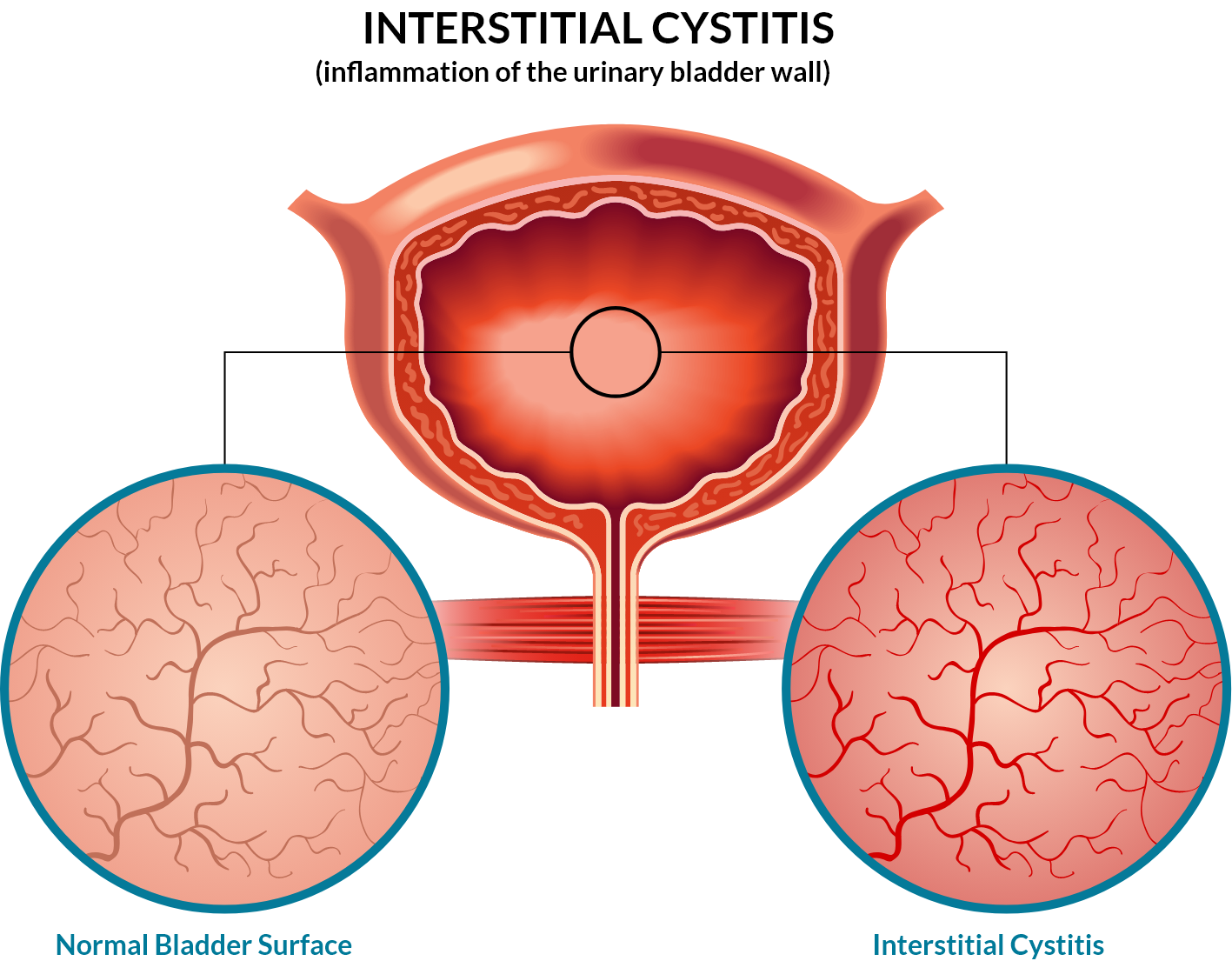Other hallucinogens such as lysergic acid diethylamide (LSD), psilocybin, and DMT are also associated with the development of use disorder. These substances can produce a range of perceptual and psychological effects, including altered sensory perception, changes in mood and cognition, and profound mystical experiences. While these substances are not typically associated with physical dependence or withdrawal symptoms, they can still have serious long-term consequences for an individual’s psychological and emotional well-being.
Individuals with hallucinogen use disorder may experience a range of physical and psychological symptoms, including perceptual changes, mood swings, anxiety, and depression. These symptoms can be extremely distressing and can interfere with the individual’s ability to function in daily life. In addition, long-term use of hallucinogens may increase the risk of developing other mental health conditions such as schizophrenia, bipolar disorder, and anxiety disorders.
Treatment for hallucinogen use disorder typically involves a combination of behavioral therapy, medication, and other supportive measures. Behavioral therapy can help individuals to identify the underlying causes of their addiction and develop coping strategies to manage cravings and triggers. Medications such as antidepressants and antipsychotics may also be used to manage psychological symptoms.
In addition to therapy and medication, individuals with hallucinogen use disorder may benefit from support from family, friends, and support groups. These individuals can provide encouragement, accountability, and emotional support throughout the recovery process.
It is important for individuals with hallucinogen use disorder to seek treatment as soon as possible to prevent further physical and psychological harm. Treatment may involve a combination of inpatient and outpatient care, depending on the severity of the addiction and the individual’s needs. Inpatient treatment may be recommended for individuals who require medical detoxification or who have other medical or psychological conditions that require intensive monitoring and care.
While recovery from hallucinogen use disorder can be challenging, it is possible with the appropriate treatment and support. Individuals who successfully overcome their addiction can go on to lead happy, healthy, and fulfilling lives free from the negative effects of hallucinogen use. It is important for individuals who use hallucinogens to be aware of the potential risks associated with these substances and to seek help if they are experiencing any negative effects.


















